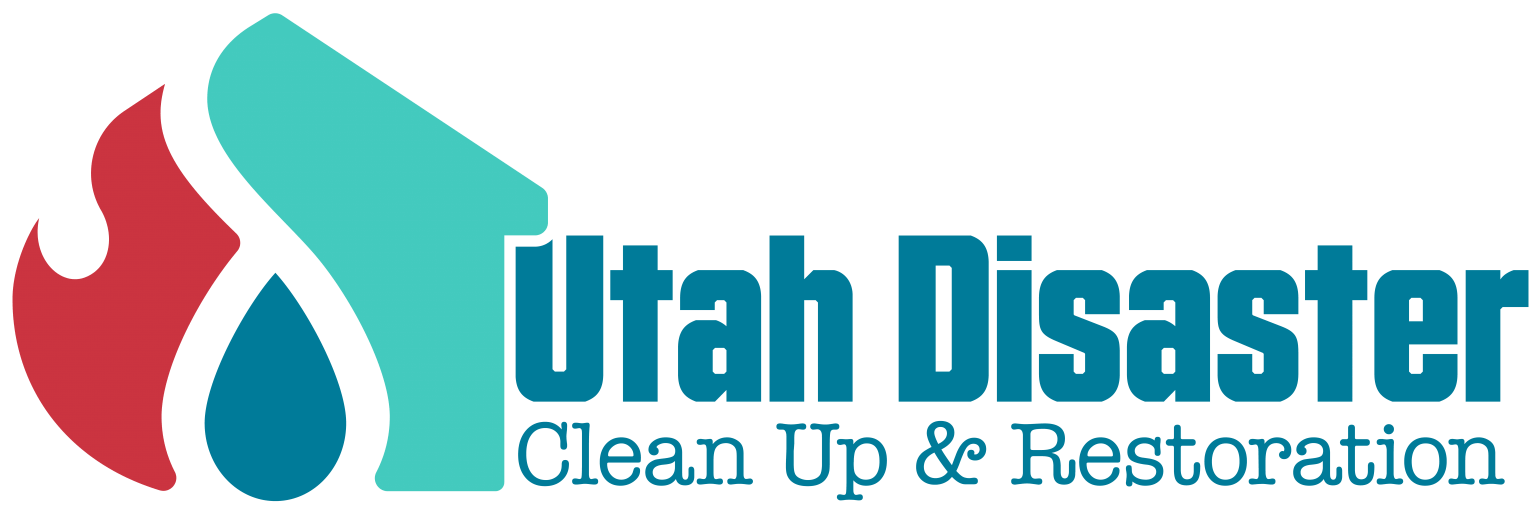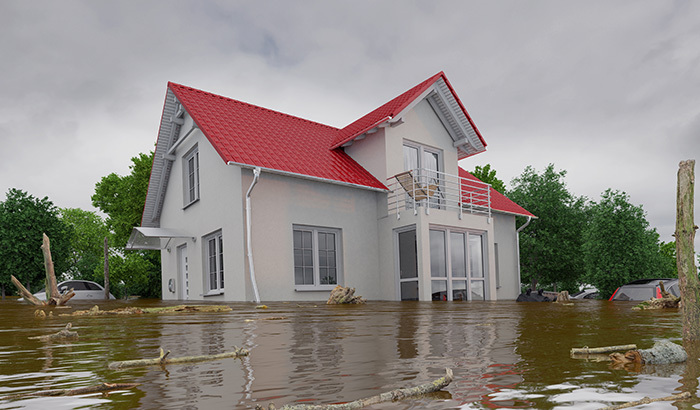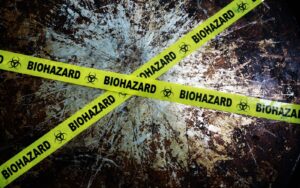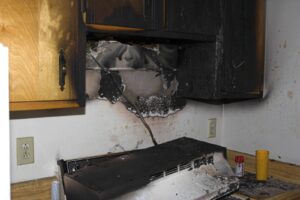Having your home flood is an emotionally draining experience, but knowing what to do after a house flood can help minimize the damage and prevent mold. The first 24 hours are critical, and there are certain things you need to do to avoid your problems compounding.
In a home flooding disaster, clear and decisive thinking is critical. First, turn off the electricity and water if you can. After you know everyone’s safe, it’s a race against the clock to get everything dry. In the meantime, contact your insurance company, a plumber, and disaster recovery professionals.
There’s a lot to do on the first day following your home flooding. If you do these things quickly, you’ll most likely salvage as much as possible and reduce the costs and time to complete recovery. When things are stressful, it’s hard to keep track of many details, so it’s helpful to have a checklist.
What to Do After a House Flood: Checklist
- Turn off your electricity. Water and electricity don’t mix. If there are outlets or electric appliances in contact with the water, there may be a risk of electrocution. If you can reach your electric breaker box without touching the water, turn it off from there. Otherwise, contact your utility company and ask them to turn it off at the meter.
- Make sure everyone is safe. This includes all the humans and pets in the house. Of course, this priority depends on how deep the water is, if you can’t immediately get the power turned off, and if you have small children in the house. Call 911 if someone is in immediate danger. Either way, it’s best to keep people and animals out of the water as much as possible.
- Identify the source of the water. In some cases, like an overflowing river or excessive rainfall, this will be obvious. But it may not be readily apparent if the source is a broken pipe or a wastewater backup. You may need to bring in a plumber to locate and remedy the problem to stop the flooding.
- Turn off your main water valve. This is important if you believe it’s coming from somewhere in your home. Your main valve could be located in your basement near the front of your home, near your water heater, in your garage, or in a covered box underground near the street. If you can’t locate it, contact a plumber.
- Get medical attention if needed. There are a lot of ways a person can get injured or sick during a flood. Even if you feel ok, it’s a good idea to get checked out if you had extensive contact with the flood water or other injuries.
- Document everything as it happens. This will not only come in handy for your insurance claim but will also help you keep track of what the professionals tell you, as well as progress on these checklist items.
- Take notes and pictures of the damage.
- Write down what you know about the source of the water.
- To the best of your knowledge, when did the flooding start?
- Keep track of whom you contact for help and when (emergency services, plumbers, home inspectors, and emergency recovery professionals.)
- Write down what advice the experts give you.
- Track all expenses related to the flood.
- Contact your insurance company if you own the home – your landlord if you don’t. The insurance company will want to start an investigation as soon as possible to assess the damage and determine liability. If natural events caused the flood, most standard homeowner’s insurance policies cover hurricanes and lightning storms, but for floods, you’ll need flood insurance.
If the source of the problem is in your home, then they have to determine if it was caused by a situation they cover. If the source was on someone else’s property or the municipality’s property, you might have to go after them for compensation. - Get your home inspected. Your insurance company may have someone they like to work with, but it’s best not to try to enter the flooded space until a qualified inspector determines you’re safe to go back in. They will look for electrical damage, structural damage, and the beginnings of mold and mildew.
- If you can do it safely, begin removing excess water from your home. This can be difficult for a few reasons. If your neighborhood is flooded, there may be nothing to do. If it’s in your basement, carrying the water out and away from your home may be difficult.
If the water originated outside your home or from wastewater pipes, there’s a good chance it will be contaminated. You should not attempt to remove this water yourself without proper equipment. Don’t hesitate to contact a flood restoration specialist for help. - Let friends and family know the situation. This isn’t just important to ease their minds that you’re safe (or let them know you’re not). It’s helpful to have support during a situation like a flood. They can back you up with food, a place to stay, another set of hands dealing with the flood or watching kids, and even a shoulder to cry on.
- Procure a safe place for you and your family to stay. The clean-up process can take a long time – weeks or even months. But on the first day, you just need to worry about the next few nights. If only part of your home was flooded, you might be able to stay in your home, as long it’s safe. If not, book a hotel room or stay with family or friends.
- Create time to rest and eat. During an emergency, we tend to run on adrenaline and hyperfocus on the threat. This is a natural response to help us survive, but it’s important that as soon as you and your family are out of immediate danger, you take time to breathe, eat, sleep, and focus on something besides the problem. This is important both for your physical and mental health.
Knowing what to do after a house flood – before your house floods – is invaluable. We hope you found this article before an emergency happened so you can take steps to prepare yourself for the worst. Either way, we can help.
Has your Home Flooded in the Salt Lake area? Contact Utah Disaster Clean Up & Restoration
Having your home flood is a terrible experience. But you don’t need to handle it alone. We know what to do after a house flood, and we’re here to help with clean-up and advice to get your life back to normal, or better, as soon as possible.
We offer urgent service to help restore your home from damage from water, fire, mold, sewage, and storms. Contact us first when a disaster happens in your life.



